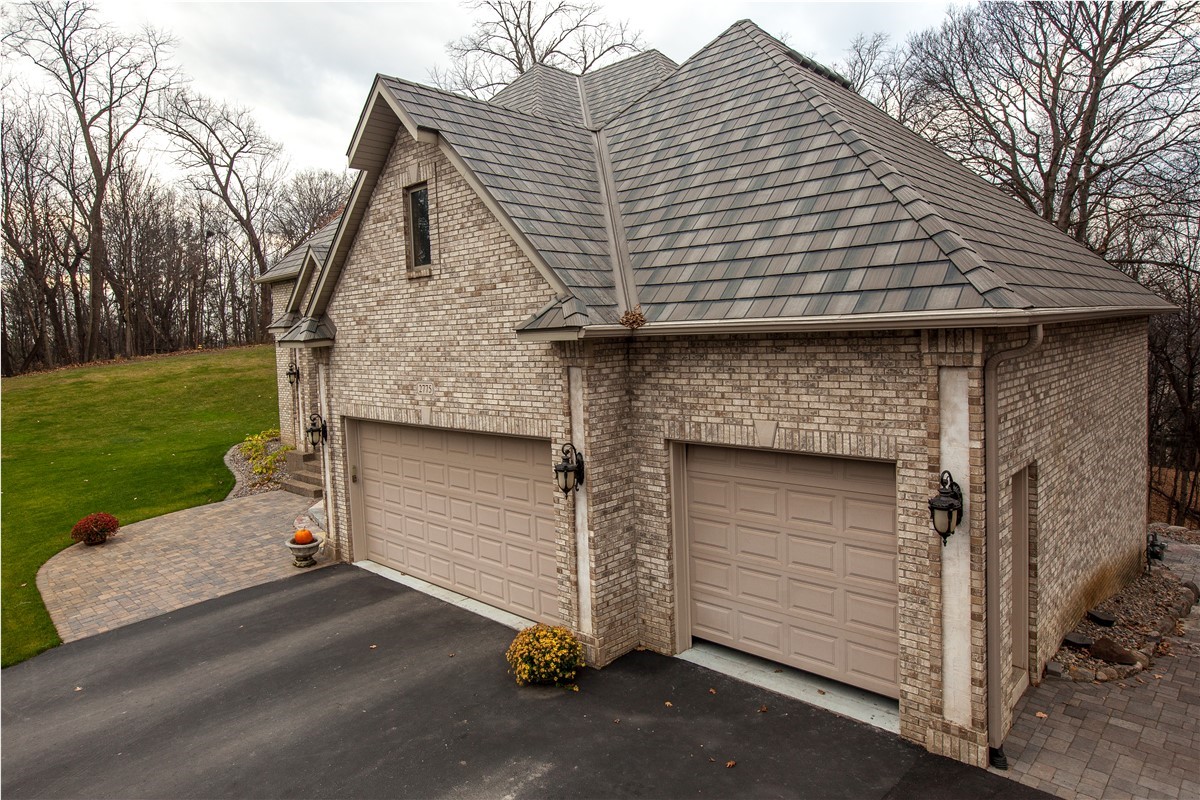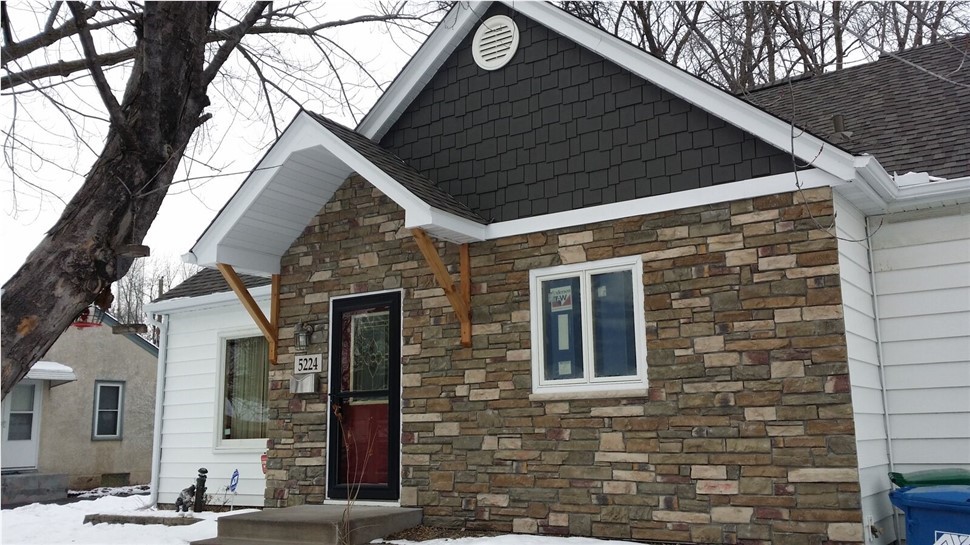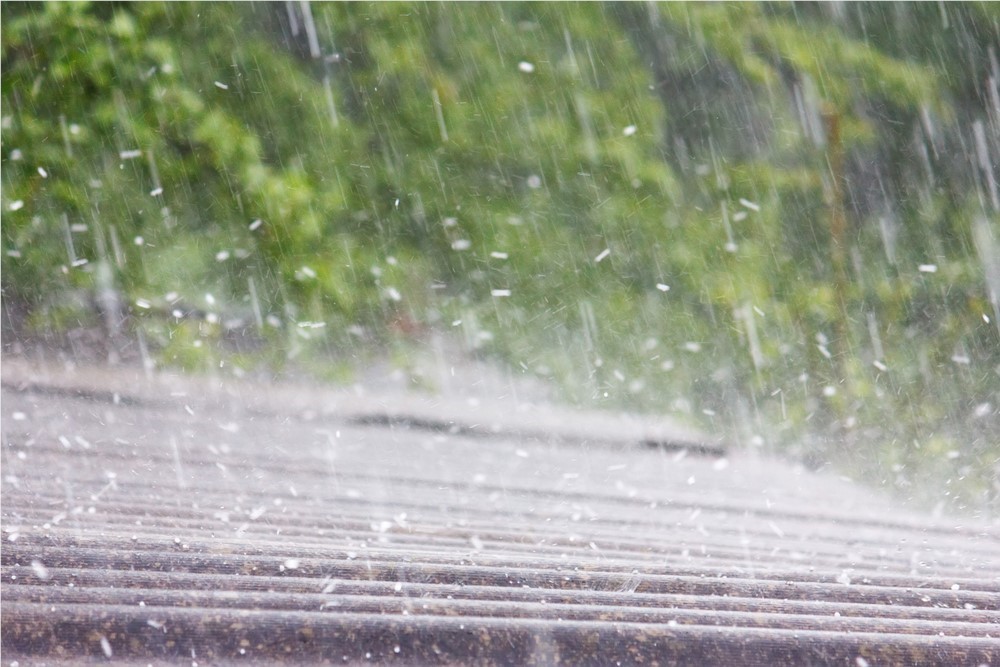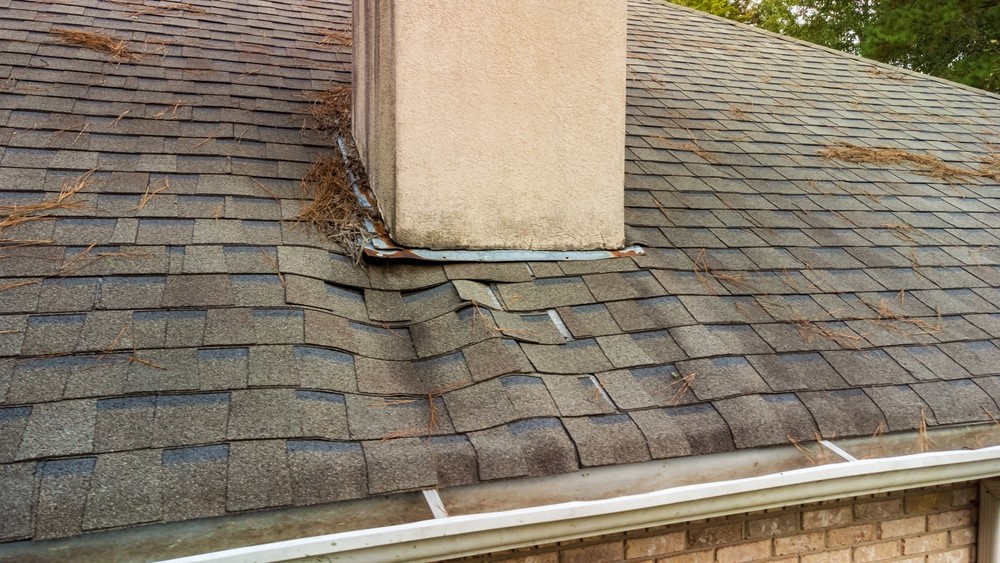Roofs are much like people - they become less productive and deteriorate a little more with the passing years. Roof replacement can be expensive, but emergency repairs and replacements can be even more costly. If your home is covered by an older roof, here are some danger signs to be aware of. The presence of one or more of these may indicate that your roof is worn and in need of replacement, or at least major repairs.
- Granule loss from asphalt shingles. Minor granule shedding is a normal process of roof aging, but it tends to increase as the roof gets older. The best place to look is at the base of your downspouts following a rain. Small If you see roofing granules piling up on the ground beneath your downspouts, don't ignore them, no matter how slight it may appear. Loss of roofing granules can be an indication that at least part of the roof has weakened, which could result in leaks...and substantial problems after the next storm.
- Curling and buckling shingles. This can be a problem with both asphalt shingles and wood shakes. Buckled or curled shingles are much more than a cosmetic problem. They can indicate that hot air from the attic is causing the shingles or shakes to pull away from the roof. Lack of appropriate ventilation can take years off the of a roof. And buckled shingles mean there is a gap that can admit moisture, insects, and rodents, which can cause damage to the derlying structure and even the interior of your home.
- Algae Stains. Dark stains and streaks on your shingles most likely indicate the presence of algae, but there can be other problems as well. Although algaecan be taken care of with a professional cleaning, roof stains and streaks may also indicate the presence of mold or mildew.
- Attic Mold. Most often the presence of mold is seen in the home's interior in the attic. Its presence indicates that there is most likely a roof leak, which should be tended to immediately. Mold growth can result in health problems. If you suspect you have mold in your attic, contact a professional for inspection.
Tags
Subscribe to Quarve Contracting's Blog







Comments